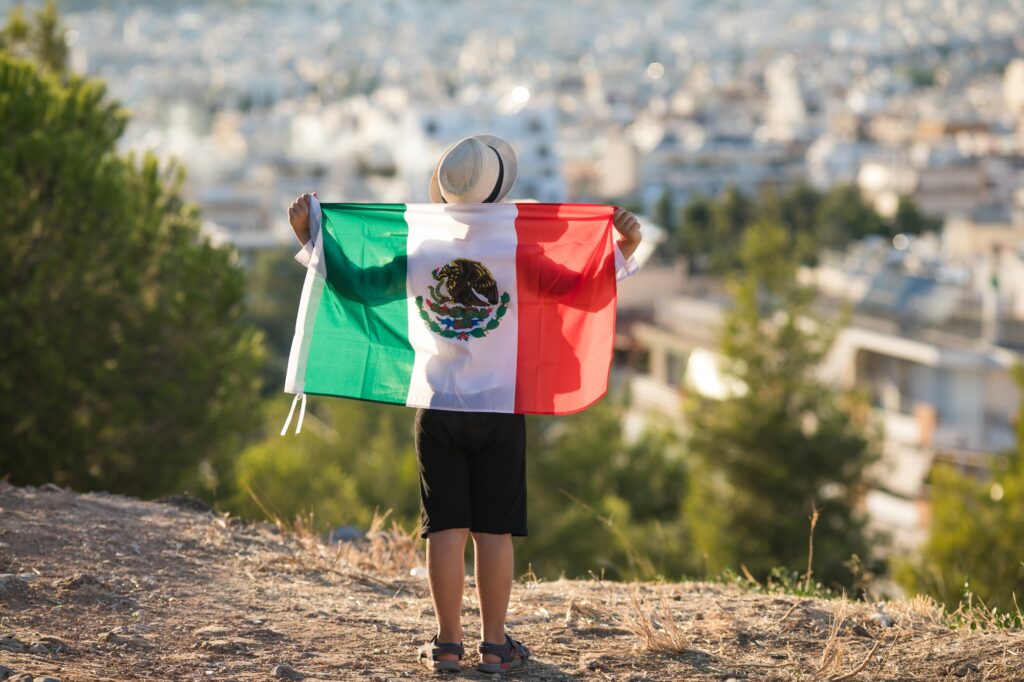Key Takeaways:
- Enhanced document verification and a collaborative guide are in development.
- New measures are being implemented to ease entry for Russian tourists traveling to Mexico.
The tourism landscape is ever-changing, and recent developments are stirring the pot for travelers looking to visit Mexico from Russia. On December 6, a critical discussion took place between the Mexican ambassador to Russia and tour operators aimed at tackling the growing issue of deportations affecting Russian tourists at Mexican borders. This meeting signals a serious acknowledgment that better alignment and communication between the two countries’ immigration processes are necessary to facilitate smoother travel experiences.
A defining moment in this encounter was the proposal of a standardized document package for travelers. Experts, including Екатерина Акинина from ITM group, detailed what this newly formed document structure will encompass. Essential files like accommodation vouchers, airline tickets, insurance papers, and detailed itineraries for tours labeled as “excursion tours” will all be part of this standardized protocol. Streamlining these requirements could be a game-changer for tourists trying to navigate a historically stringent procedure.
The ambassador’s steadfast commitment to working alongside the Instituto Nacional de Migración – the Mexican National Institute of Migration – sets a promising tone for proactive measures. Officials plan to initiate further meetings potential to reshape immigration policies and reconsider how Russian tourists are treated upon entry. A unified guide aims to assist in preparing travelers for potential questions they may encounter at the border, which undoubtedly will help bridge a significant communication gap.
Following the meeting, while Екатерина expressed optimism regarding the openness exhibited by the Mexican ambassador, it’s accentuated by an underlying tension for many hopeful tourists from Russia who have felt the heavy hand of border restrictions. The anxiety associated with international travel can be amplified in contexts like these—where one’s documentation may trigger a suspicion that leads to denied access.
As anticipation builds around these developments, travelers interested in exploring Mexico should stay updated. Preparedness paired with enlightened guidance from both the Mexican side and tour operators could lead to an enjoyable travel experience—once fraught with uncertainty—avoiding those unfortunate events of deportations that have put a shadow over Russian-Mexican tourism relations. With a proposed shift in recognition of tourists’ needs and improved policies, Mexico is drawing a detailed map for navigating a journey filled with vibrant culture, enticing food, and stunning beaches.
In examining this scenario, it becomes clear that immigration limitations often bear significant human implications that deserve attention and mindfulness. As policies evolve, there’s always a need to remember that enamoring landscapes and shared human experiences lie at the heart of travel, overcoming bureaucratic frustrations.










